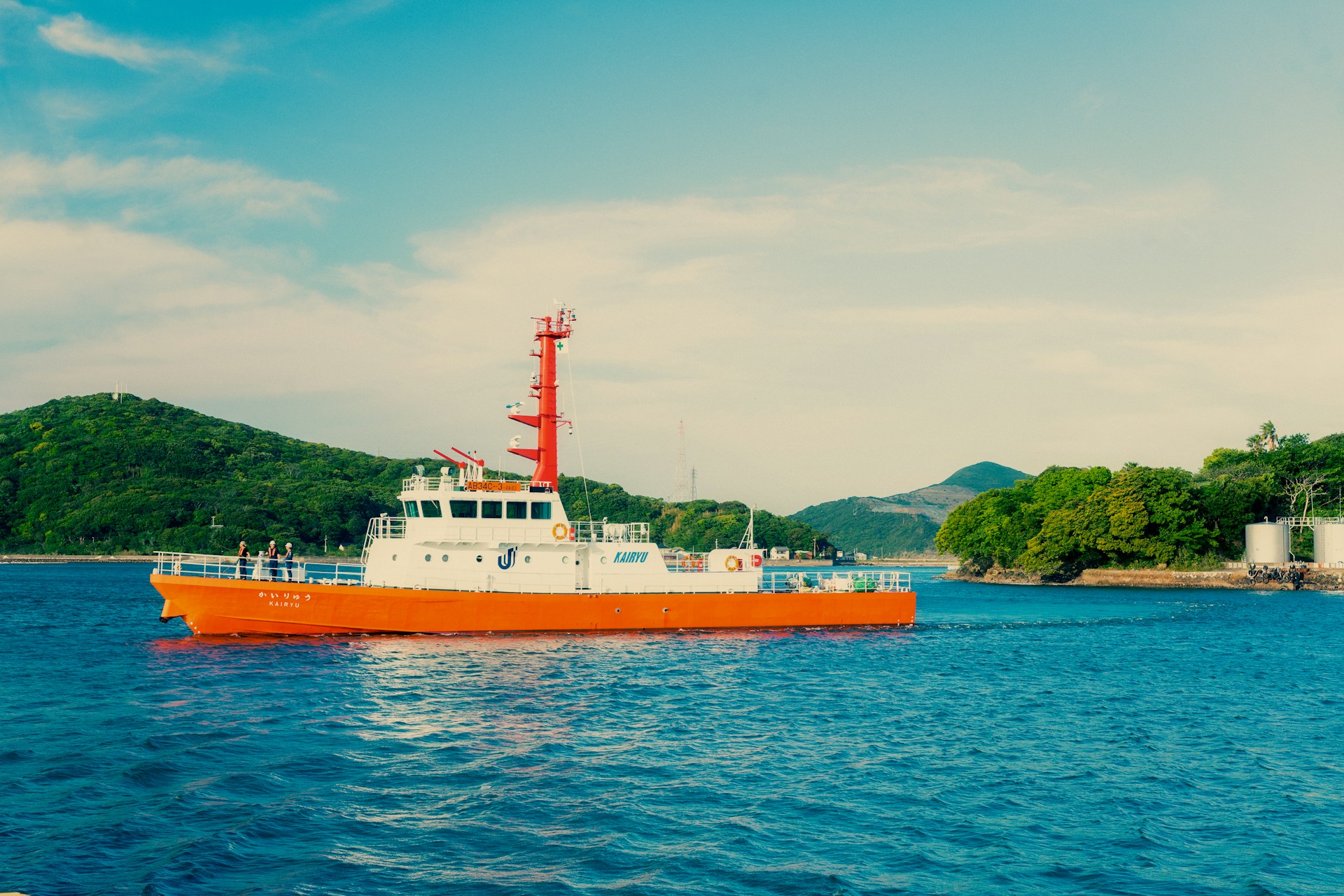Japan, an island nation with a long history of maritime engagement, recognizes the vital importance of maritime security to its national well-being. With a coastline spanning over 24,000 kilometers and a vast Exclusive Economic Zone (EEZ) of over 4.5 million square kilometers, Japan’s maritime security priorities are multifaceted, encompassing traditional and non-traditional threats.
Traditional Maritime Security Threats
Traditional maritime security threats to Japan include piracy and armed robbery against ships, terrorism, and illegal activities such as smuggling and drug trafficking. Piracy, while significantly reduced in recent years, remains a concern in certain regions, such as the Gulf of Aden and the Strait of Malacca. Armed robbery against ships, often targeting small vessels in coastal areas, poses a persistent threat.
Terrorist groups have also targeted maritime assets, raising concerns about the potential for attacks on ports, oil platforms, and cargo ships. Illegal activities, such as smuggling and drug trafficking, exploit maritime routes to transport contraband, undermining public safety and economic stability.
Non-Traditional Maritime Security Threats
In addition to traditional threats, Japan faces a range of non-traditional maritime security challenges, including:
- Illegal, Unreported, and Unregulated (IUU) Fishing: IUU fishing depletes marine resources, disrupts sustainable fisheries management, and can lead to conflicts between coastal communities and fishing fleets.
- Environmental Threats: Pollution from ships, oil spills, and illegal dumping pose significant risks to marine ecosystems and human health.
- Cybersecurity: Maritime infrastructure, including vessels and port systems, is increasingly vulnerable to cyberattacks, which can disrupt navigation, control systems, and critical communication networks.
- Human Trafficking: Maritime routes are often used for human trafficking, as traffickers exploit the vulnerability of migrants and refugees.
- Maritime Security Cooperation: Japan actively participates in regional and international maritime security initiatives, such as the Gulf of Guinea Maritime Security Strategy (GoGMSS) and the Asia Maritime Transparency Initiative (AMTI), to address shared maritime security concerns.
Enhancing Maritime Security in Japan
Japan has implemented a comprehensive approach to maritime security, encompassing preventive measures, law enforcement, and international cooperation.
Preventive Measures:
- Strengthening Maritime Surveillance: Japan deploys a variety of surveillance assets, including maritime patrol aircraft, vessels, and sensors, to enhance situational awareness and detect potential threats.
- Maritime Domain Awareness (MDA): Japan actively collects, processes, and analyzes maritime data to gain a clear understanding of activities and threats in its maritime domain.
- Port Security Measures: Japan implements stringent port security measures to deter and prevent unauthorized access to port facilities and ships.
- Enforcing International Maritime Conventions: Japan adheres to and enforces international maritime conventions, such as the United Nations Convention on the Law of the Sea (UNCLOS), to combat maritime crime.
Law Enforcement:
- Japan Coast Guard (JCG): The JCG plays a central role in maritime security, patrolling Japanese waters, investigating maritime incidents, and apprehending offenders.
- Multinational Cooperation: Japan actively participates in multinational maritime security operations, such as Operation Atalanta, to combat piracy and armed robbery against ships in the Gulf of Aden.
International Cooperation:
- Regional Cooperation: Japan engages in regional maritime security dialogue and cooperation mechanisms, such as the ASEAN-Japan Maritime Forum, to address shared maritime security challenges.
- International Organizations: Japan actively participates in international organizations, such as the International Maritime Organization (IMO), to develop and implement maritime safety standards.
Conclusion:
Safeguarding Japan’s maritime domain is essential for its economic prosperity, environmental sustainability, and national security. By implementing a comprehensive approach that combines preventive measures, law enforcement, and international cooperation, Japan can effectively address maritime security challenges and ensure the safety and security of its vast maritime domain.

